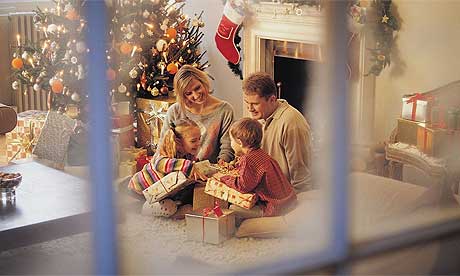People often get together or marry believing that their partner will make them happy, give them confidence and make them feel as if they belong. Very often however, these relationships fail to prosper.
Imagine what happens if two people get together, both believing and hoping that their partner will provide this. If their preconceptions prove false, they may spiral into depression, get angry with each other and begin to drift apart.
 |
| A dream come true? |
Where do our expectations come from?
Often the need for our partner to provide us with happiness, confidence, belonging, unconditional love and much more, comes from a lack of having felt this when we were very young. During the years when our emotional life develops, when our ideas of who we are and how we get our needs met is set as a basis of our personality, it is imperative that our caregivers are able to provide a stable and consistent, caring and loving environment.
Below are three basic examples of how expectations develop and the effects on our adult relationships and friendships:
- If we don’t get the love and understanding in the first years of our life, we are likely to subconsciously search for this in other relationships and friendships only to get disappointed and have little if any trust in others. In reality we are searching for someone to provide us with a basis of who we are. Without this emotional basis, we are unlikely to have defined boundaries and will have an all or nothing kind of attitude to relationships; giving everything only for the next moment to retract ourselves completely. Often emotions we are unable to recognise become destructive, control us and result in us feeling isolated or excluded with perhaps anger or sadness being an overwhelming part of it.
- Having part of our emotional needs met in those very first years means we are more likely to be successful in love and able to cultivate balanced friendships. Although we may experience a level of caution when entering a new relationship or making new friendships, we have developed enough self-awareness to form a basis of who we are and boundaries will not be too troublesome (though may be movable by events and other people’s opinions).
- Of course if we have been lucky to have just the right amount of caring and attention we are likely to be well balanced individuals with a successful and happy life. Boundaries will be well defined and our approach to relationships is one of sharing life, love and experiences, with a healthy self-contained attitude though also being inclusive and considerate to others. In this state we won’t be looking for others to provide us with a basis of who we are, because we know and are able to live our life from a well-established basis.
There is much more to the background of how our expectations originate and why, with many books having been written on the subject. Look up “attachment theory” with a search engine and lots will appear.
The possibility of change
If we belong to the first or, to some extent, the second category it would be very sad if we were unable to change - if we were deemed to go through life making the same ‘mistakes’ and having the same disappointments.
As adults, establishing our own basis of who we are doesn't come from others, but from within ourselves. Emotions we may have tried to push away or are overwhelming, need to be recognised and cared for. The help is not in someone providing the love and care, but for someone to lead us to the tools we already have inside us: the capacity to love and care for ourselves.
Through self-nurturing or re-parenting ourselves, we can discover the parts we didn't get a chance to acquaint ourselves with when very young. Given the chance we are, with a little help, able to fulfill the longings of: ‘I want you to be kind to me, I want you to love me then everything will be ok’.
The journey to the point of being able to do this doesn't have to be long, but it will be emotional and it will hold a lot of discoveries, good and bad. It’s a journey worth travelling if we want to experience inner peace, outer joy and healthy balanced relationships.
Without knowing and practicing being kind to ourselves and loving ourselves, we will not be able to cultivate a truly loving, caring intimate relationship with another. Without kindness and love for ourselves, we will not be able to accept the care and love offered by our partner.


